PNRR mission 4 projects

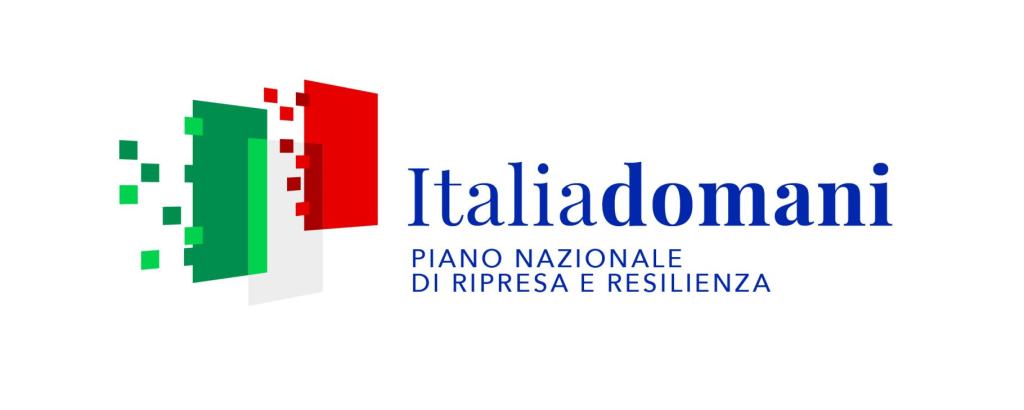

National Center for Gene Therapy and Drugs based on RNA Technology
The consortium has two main goals: increasing the technological know-how necessary to design and deliver RNA-based and gene therapy medicinal products and identifying promising candidate drugs/genes in five major disease areas: genetic diseases; cancer; metabolic and cardiovascular diseases; neurodegenerative disorders; inflammatory and infectious diseases.
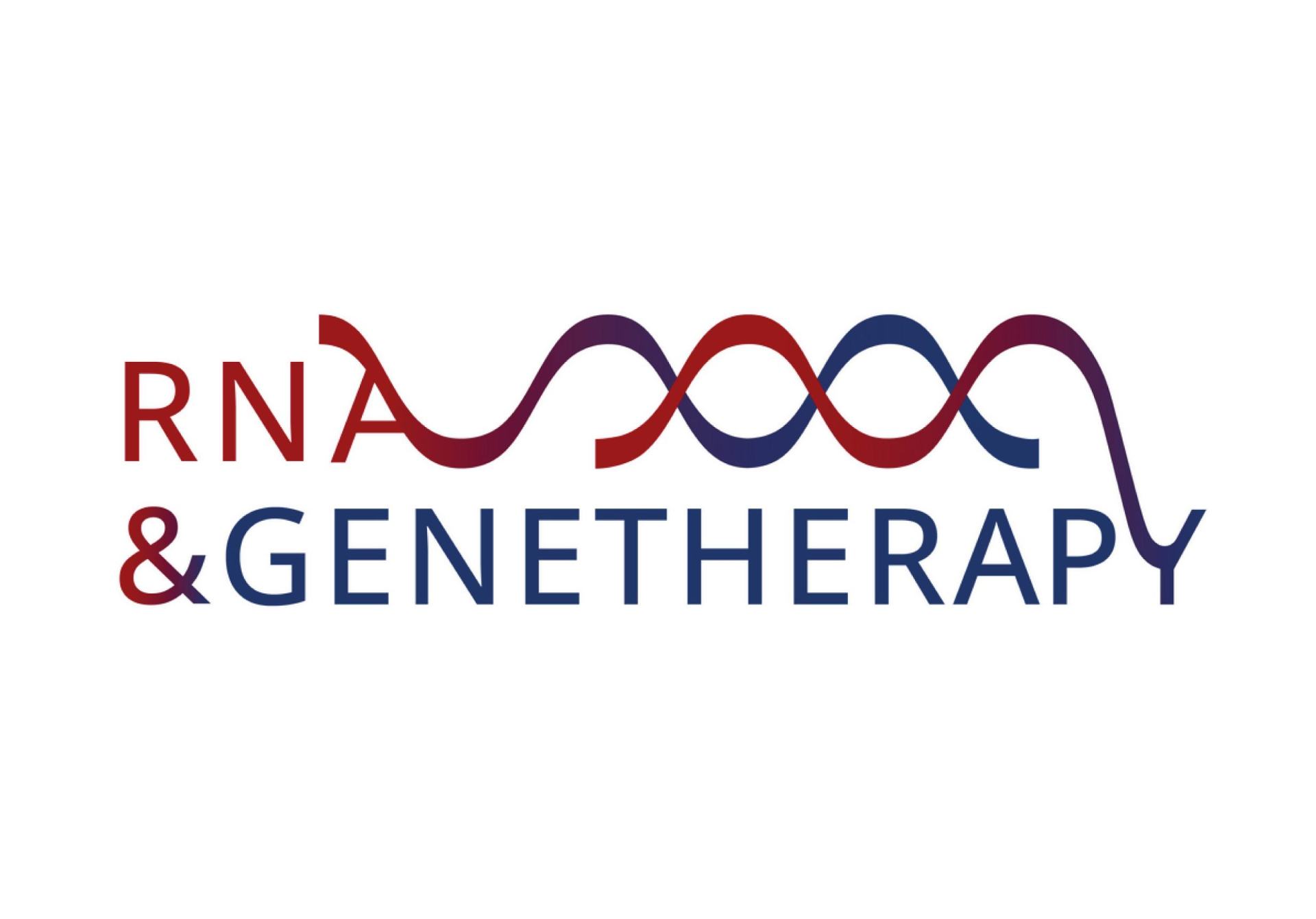
National Biodiversity Future Center | NBFC
The vision of the National Biodiversity Future Center (NBFC) is to promote the sustainable management of Italian biodiversity in order to improve the planet’s health and return beneficial effects, essential for all people. This complies with the EU Biodiversity 2050 vision ‘Living in harmony with nature’. The mission of the consortium is to create an extended national network of universities, research centers, associations, and other private and societal stakeholders to take effective and immediate action to halt the loss of biodiversity and the impairment of its delivered ecosystem services.
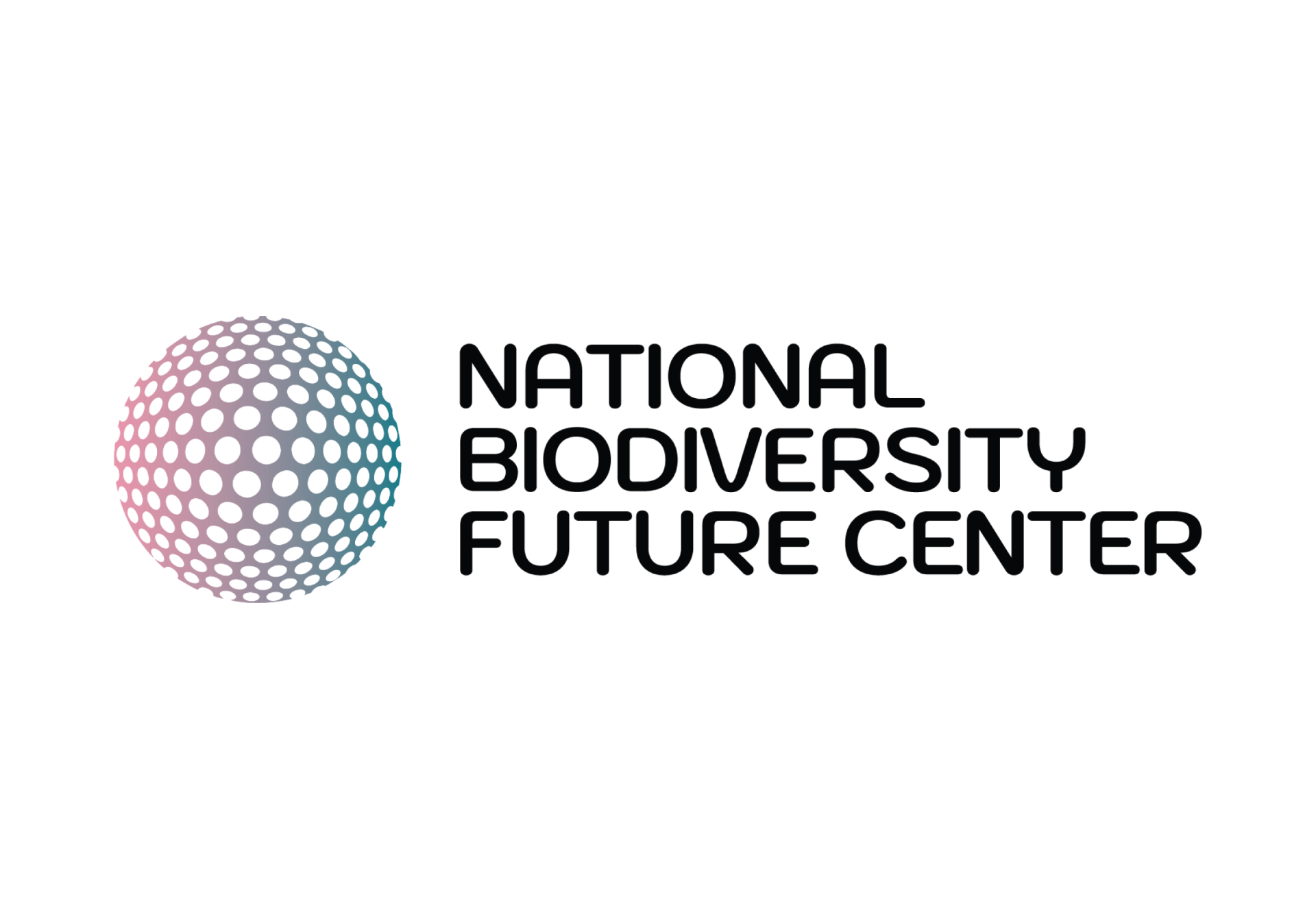
Multilayered Urban Sustainability Action | MUSA
MUSA (Multilayered Urban Sustainability Action) will make it possible to develop smart solutions for renewable energy and waste management, study new models of green mobility, create an incubation and acceleration pole for start-ups, optimise the use of big data for the health and well-being of citizens, develop new sustainable finance solutions and create the conditions for an increasingly inclusive society, free from inequalities. The final goal is transforming the metropolitan area of Milan into an ecosystem of innovation for urban regeneration, a model that can be replicated at the national and European level.
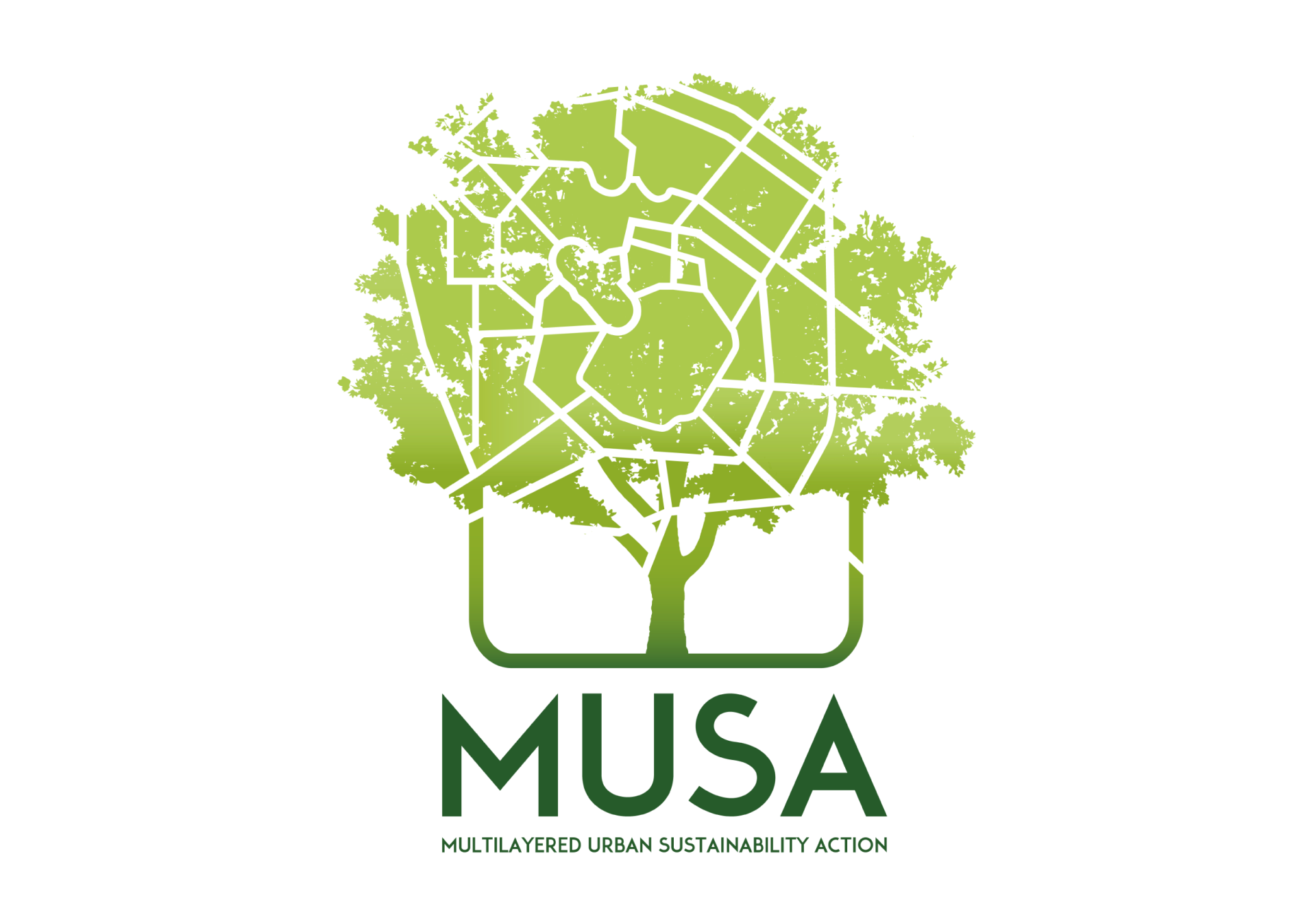
High-Performance Computing, Big Data e Quantum Computing Research Centre | ICSC
The High-Performance Computing, Big Data e Quantum Computing Research Centre is one of the five National Centres established by the National Recovery and Resilience Plan (NRRP), covering designated strategic sectors for the development of the country.
The activities of the National Supercomputing Centre will focus on maintenance and upgrade of the Italian HPC and Big Data infrastructure, as well as on the development of advanced methods and numerical applications and software tools to integrate computing, simulation, collection, and analysis of data of interest for research, manufacturing, and society, also through cloud and distributed approaches.
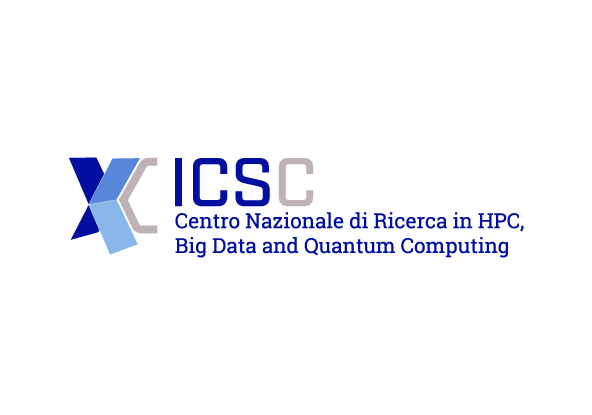
One Health Basic and Translation Research Actions addressing Unmet Needs on Emerging Infectious Diseases | INF-ACT
The INF-ACT Extended Partnership addresses pressing unmet needs of uman emerging infectious diseases in fundamental and translational aspects, taking into consideration human health in a wider context including domestic and wild animals as potential disease reservoirs and environmental factors enhancing the possibility for spillover. The project is focused on three pillars: i) emerging and re-emerging viral diseases; ii) arthropod vectors and vector-borne pathogens; iii) diseases sustained by bacteria and fungi resistant to multiple antibiotics.
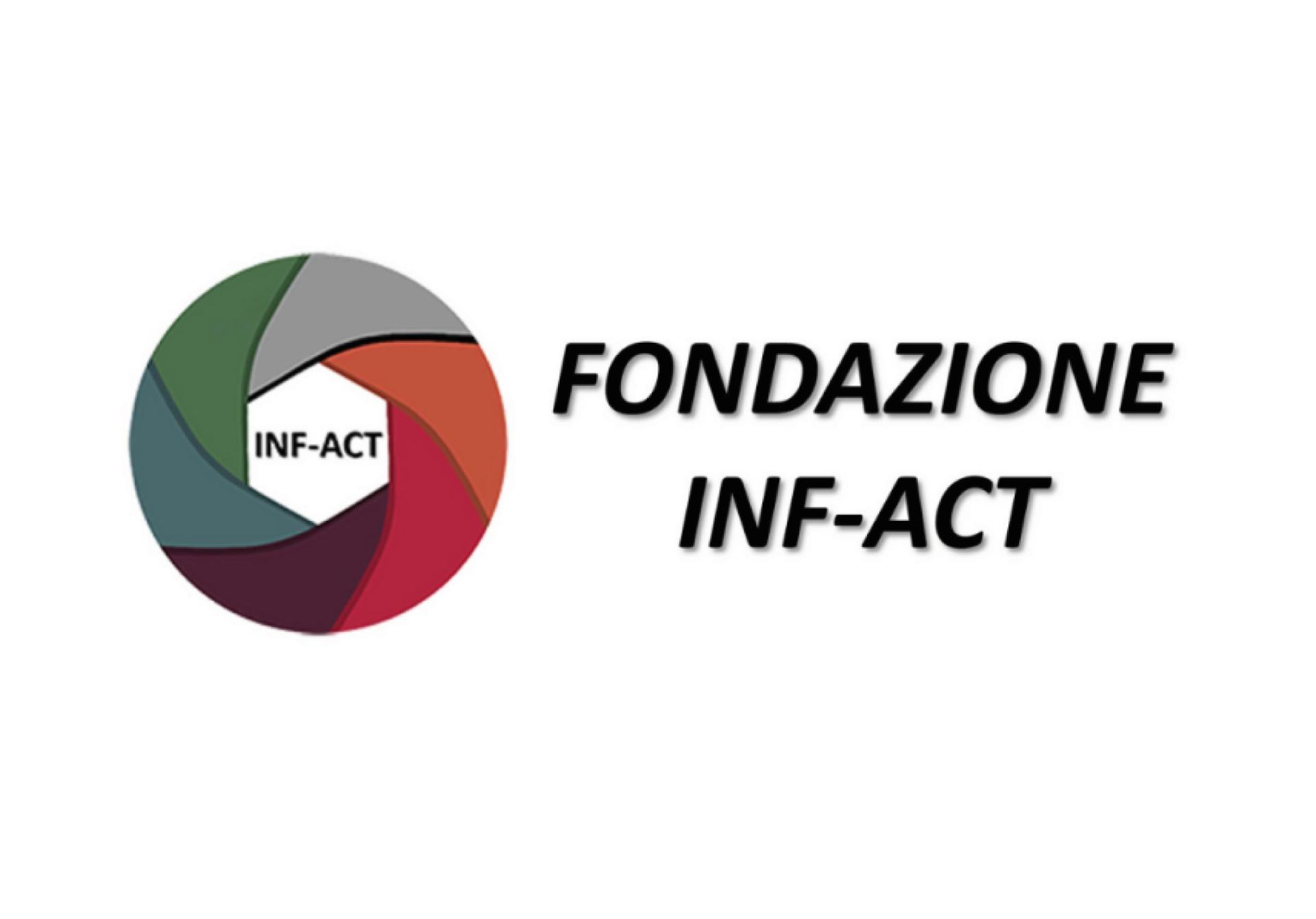
Investment 1.2 | Funding projects presented by young researchers
PREcision MEdicine in pregnancy: development of a novel Multiomic approach for early prediction of preeclampsia via artificial intelligence tools
Principal investigator: Silvia Giugliano
Ketone Regulation of Circadian Rhythms in Heart Failure
Principal investigator: Carolina Greco
Decoding chromatin structure and phenotypic changes in X-linked hypopituitarism using human iPSC-derived 3D
Principal investigator: Giampaolo Trivellin
Role of the gut and plexus vascular barrier network and microbiota in autism spectrum disorder development
Principal investigator: Brescia Paola

Humanitas PNRR/PNC projects
Following an unprecedented crisis due to the pandemic, Italy’s National Recovery and Resilience Plan (Italia Domani) responds to the urgent need of fostering a strong recovery and making Italy future ready. The plan is part of Next Generation EU, a € 750 billion package that the European Union negotiated in response to the pandemic crisis, and it is further enhanced and integrated by the Italian government Complementary National Plan.